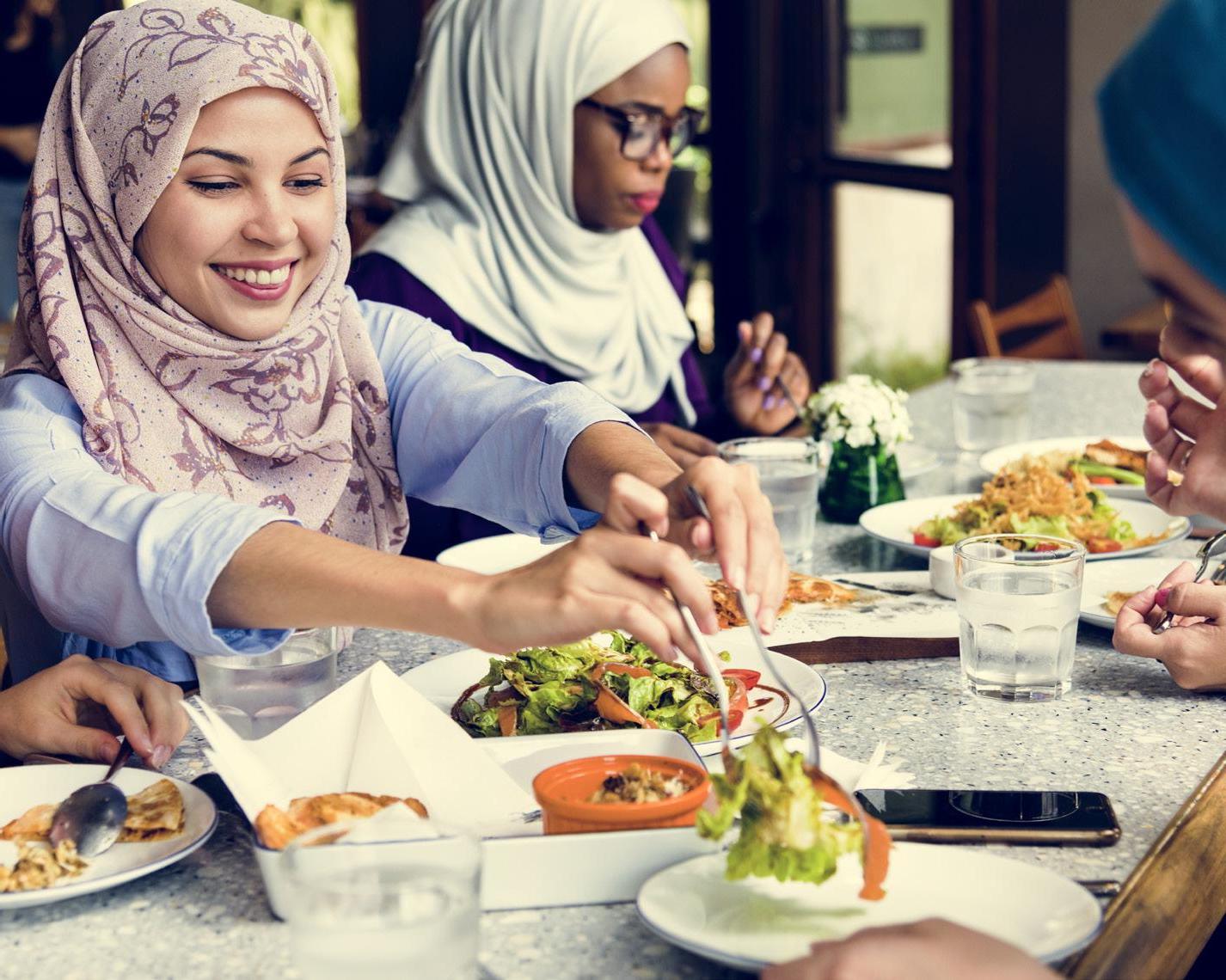
2 minute read
Proactive living: Consumers in Africa and Middle East are taking a more proactive approach to health maintenance
Proportion of consumers who deem themselves to be in bad health (2020)
14%
8% 9%
Nigeria
Source: Personalised nutrition survey, Q3 2020 (3,000 respondents)
Source: Personalised nutrition survey, Q3 2020 (3,000 respondents)
South Africa Saudi Arabia
Proportion of consumers who plan to make improvements to the following areas of their health over the next twelve months (2020)
My general health and wellness My cognitive/mental health My digestive health My energy levels My eye health My heart health My immunity My joint/bone health My muscle health My skin/nail/hair health My sleep habits/health My weight/waistline Nigeria 78%
64%
63%
45%
13%
70%
68%
34%
10%
11%
25%
35% South Africa
76%
50%
49%
58%
16%
69%
57%
27%
10%
25%
21%
34% Saudi Arabia
41%
57%
58%
43%
17%
75%
59%
24%
12%
29%
41%
50%
Safe and secure: Risk averse consumers want reassurance over product safety
The implications of COVID-19 are something that are long-lasting and wide-ranging. Indeed, consumers are questioning aspects of their lives that they previously took for granted, as they look for ways to minimise their exposure to germs, bacteria and viruses. Consumers are placing greater emphasis on product safety and will continue to do so for some time to come. For instance, many consumers in the region are concerned about a potential third wave of the virus and believe that it could impact on day-to-day lives for a considerable length of time. Additionally, consumers are also worried about others not adhering to government guidelines on personal hygiene practices, which increases concern that the virus could be spread by other shoppers and staff workers in shops.
Whilst urban areas have developed in Africa and the Middle East in recent decades, many consumers still live in rural areas. These rural areas are often associated with lower quality supply chains. For instance, concerns can exist over the safety of water used in production processes, hygienic practices during the formulation, distribution, and storage of products, inadequate packaging damaging products during distribution, and poor storage facilities also impacting on the safety and quality of products. Again, the pandemic is something that has heightened concern about these issues, with consumers being worried about the spread of the virus or other forms of germs, viruses, and bacteria.
Increased concern over safety is something that is resulting in consumers becoming more risk averse. As such, they want brands to demonstrate that they are being responsive and empathetic to their needs. They will also want brands to develop initiatives such as improving distribution channels and storage facilities, as well as developing better packaging, that ensures products are kept safe and in optimal condition.
If products can offer these reassurances, it is something that will increase willingness to trade-up amongst consumers.










